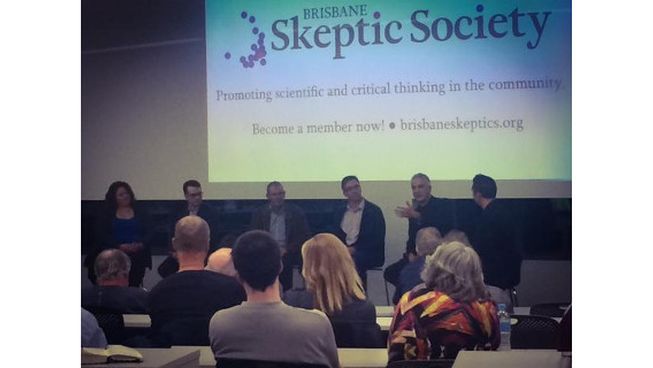A talking donkey? That's nothing

“So you think there actually was a talking donkey?” so ended a recent conversation with an atheist friend. It was more an accusation than question, but he was reminding me that what I believe has consequences. Belief in God as a reality and the Bible as His word, means I accept the reality of a talking donkey. I enjoy these kind of discussions, because if Christianity can’t stand up intellectually and historically, I don’t want anything to do with it. But as I drove home I started thinking, ‘a talking donkey’ that’s nothing. 1
Compared to the other things I believe and their consequences, a talking donkey is pretty inconsequential. For I believe that the Creator God:
- Made the universe. And the universe in question is so big that we don’t actually know how big it really is. But what we do know is that light from the furthest point away took 14 billion years to reach us!2
- Filled this universe with more galaxies than I can comprehend.3
- And in one galaxy, formed a planet in one solar system to meet the incredibly “goldilocks” criteria for flourishing plant, animal and human life.
- Created humans on this planet made up of cells that have more complicated components than most super factories.4 And created these humans to flourish in his world.
You get the idea, right.
But this belief in a creator God has some incredible consequences. It means I have an intellectual basis for why rationality can actually be true and real part of this universe and not something humans have imposed on it. i.e. equations in science accurately describe reality.
It means that there is a basis for human morality. For without a creator God who sets a standard, morality is reduced to a grand ‘Sez who?’ in which we could impose any moral / immoral system we liked. But there isn’t even a necessity to have a moral system. For if there is no Creator, there is no need for morality at all since the universe arose out of chaos with no moral purpose or moral basis. And, so any moral code is actually being imposed on reality.
It means that I believe people are of infinite value because they are made in the image of God rather than a result of a long, infinitely complicated but ultimately random set of events. For if the latter is true, people really are just randoms, nice randoms maybe, but ultimately meaningless randoms.
It means I believe that there is a spiritual dimension and need to our lives that cannot be answered with just more and more material or experiential goods.
And this is just for a start. I haven’t yet discussed then the possibility that this God might act to make himself known and reveal himself through Jesus, the second person of the Trinity.
So, in light of my belief in the reality of God and the consequences of this belief, a talking donkey uttering just a couple of sentences is nothing at all really. If the Creator God could create a universe of such incredible complexity and wonder and human beings with equal complexity and wonder then God enabling a donkey to speak couple of sentences is not so incredible.
However, I now have a question for my atheist friend. How do you account for rationality or morality or the value of people given that what you believe has consequence?
For without a Creator God there is no true basis for why the universe or our thinking about the universe ought to be rational. And if there is no God who created the people and the universe with moral purpose, there is no basis for morality. Yes, we might try to live with moral principles and some of us might do some good occasionally, but there is no real reason to. And finally, if there is no God then people are the unintended result of an unintended universe.
So, then if we put aside for the moment the historical evidence for Jesus and any other consideration and reduce the issue to choosing between Christianity and atheism, based on the reality that beliefs have consequences, what would you choose? Given the loss of a basis for morality, the value of humanity and the reality of rationality, if you choose atheism, I’d prefer to go with a talking donkey every day of the week.
1 The two other weird bits of the Bible atheists love to reference is the 500 ex dead people appearing after the resurrection of Jesus and Satan in the garden of Eden as a talking snake. Incidentally, it is an interesting argument in itself. Let’s find the handful of really, really strange texts in order to reject the other 99.5%.
2 http://www.nasa.gov/audience/foreducators/5-8/features/F_How_Big_is_Our_Universe.html
3 ‘Hubble observed a tiny patch of sky (one-tenth the diameter of the moon) for one million seconds (11.6 days) and found approximately 10,000 galaxies, of all sizes, shapes, and colors.’ Our single galaxy the Milky Way has billions of stars in it. Reference http://science.nasa.gov/astrophysics/focus-areas/what-are-galaxies/
4 Check out this animation representing what is happening in one cell. http://www.xvivo.net/animation/harvard-protein-packing/
Image courtesy: Clubhouse Junior blog




